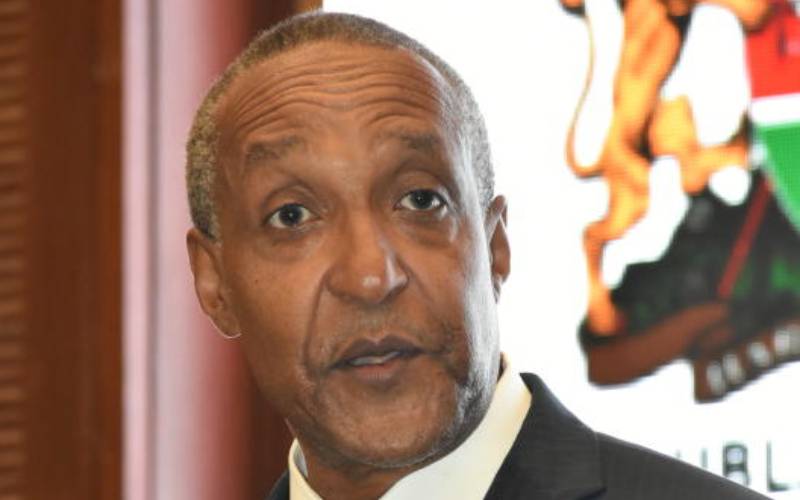×
The Standard e-Paper
Home To Bold Columnists

Foreign Affairs Principal Secretary Kamau Macharia. [Samson Wire, Standard]
Kenya has said it will not recognise a verdict by the International Court of Justice (ICJ) on a maritime dispute filed by Somalia.